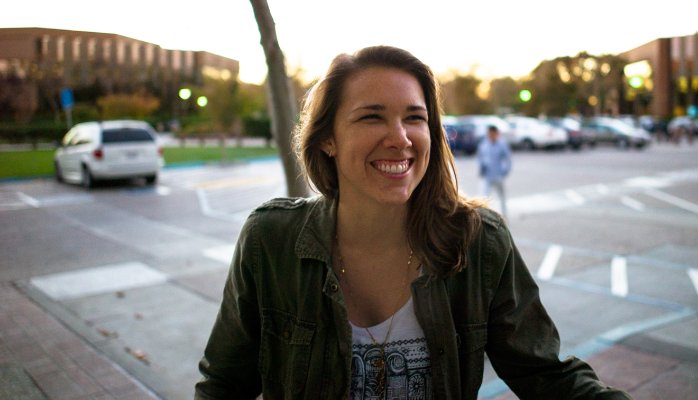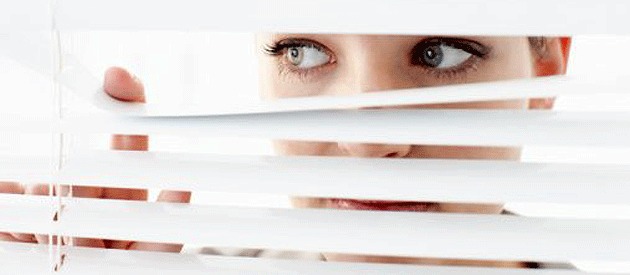Few among the wonderful studies ever conducted in positive psychology all point to how possible it is, to buy happiness.
Yeah! Not just the known ways of life i.e. thinking and acting – happiness can as well be bought.
The following points will put an end to your doubts.
-
Spending on others.
According to a research published by Harvard University researchers: spending money on others (which is referred to as prosocial), boosts people’s emotional and physical well-being.
Both the giver and beneficiary benefits from it.
The benefits of prosocial spending… extend not only to subjective well-being but objective health,” they write. Despite people’s intuitions and inclinations to the contrary, one of the best ways to get the biggest payoff personally from a windfall of $20 is to spend it prosocially.
-
Buying what you like.
According to Ryan Howell, an associate psychology professor San Francisco State University:
There are a lot of reasons someone might buy something… but if the reason is to maximize happiness, the best thing for that person to do is purchase a life experience that is in line with their personality,”
He co-authored a study which found out that when people spend money just to project or uphold a certain image, it doesn’t bring happiness.
-
Spending with others.
Nothing else brings happiness to me than doing things for those i cared for, because it strengthens the relationship i share with them.
Read: 4 Ways Music Affects the Mind
According to Gus Cooney , Harvard University research assistant
To be extraordinary is to be different than other people, and social interaction is grounded in similarities,
-
Buy moments, not stuff.
According to Dan Gilbert, Harvard University psychology professor and author of Stumbling on Happiness, the key is to spend your money on experiences rather than material things. Material things, even if they’re expensive or you wanted them badly, tend to lose their luster after a while, literally and figuratively. Memories of people, places and activities, however, never get old. In a survey, Gilbert found that 57% of respondents reported greater happiness from an experiential purchase. Only 34% said the same about a material purchase.




Well set